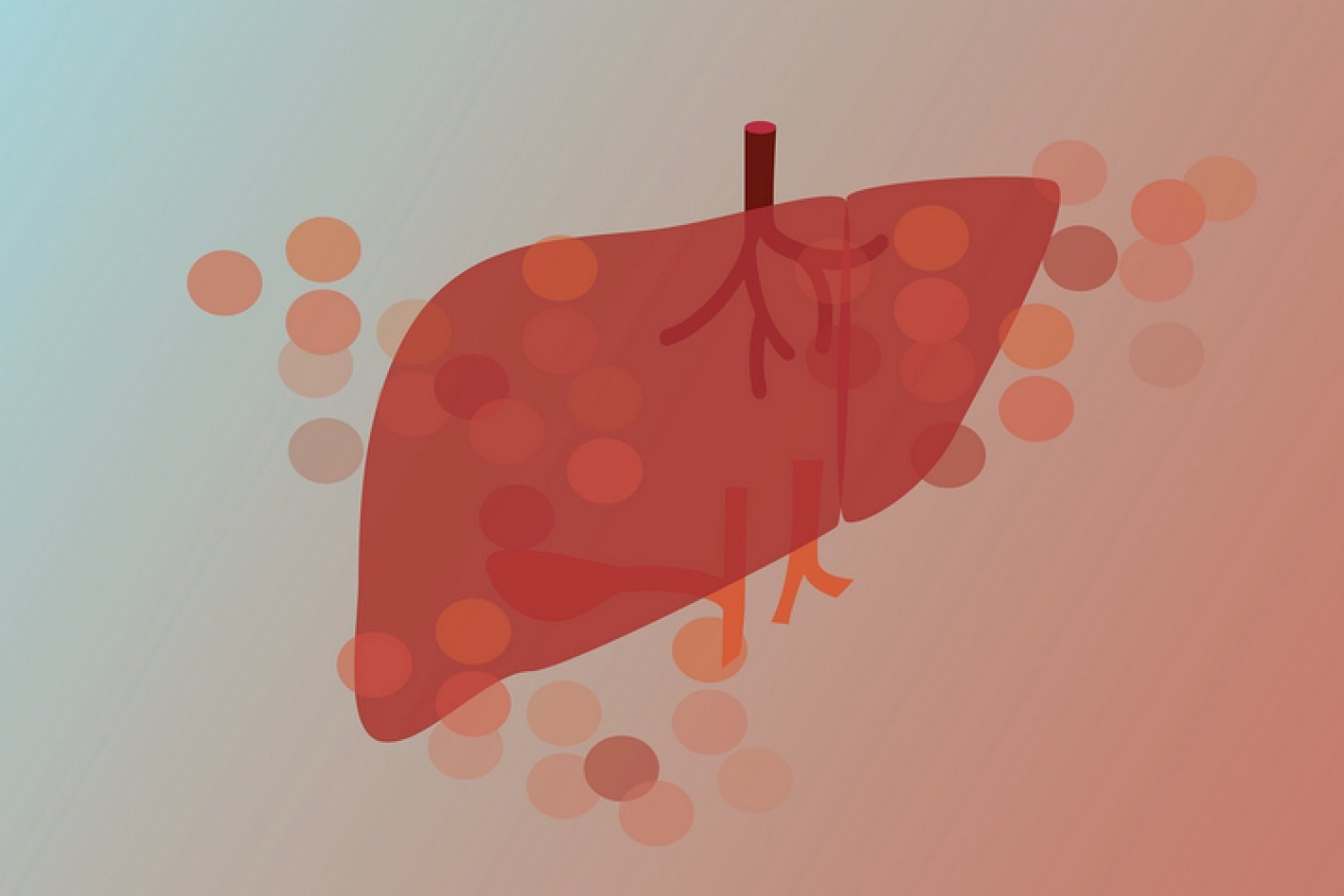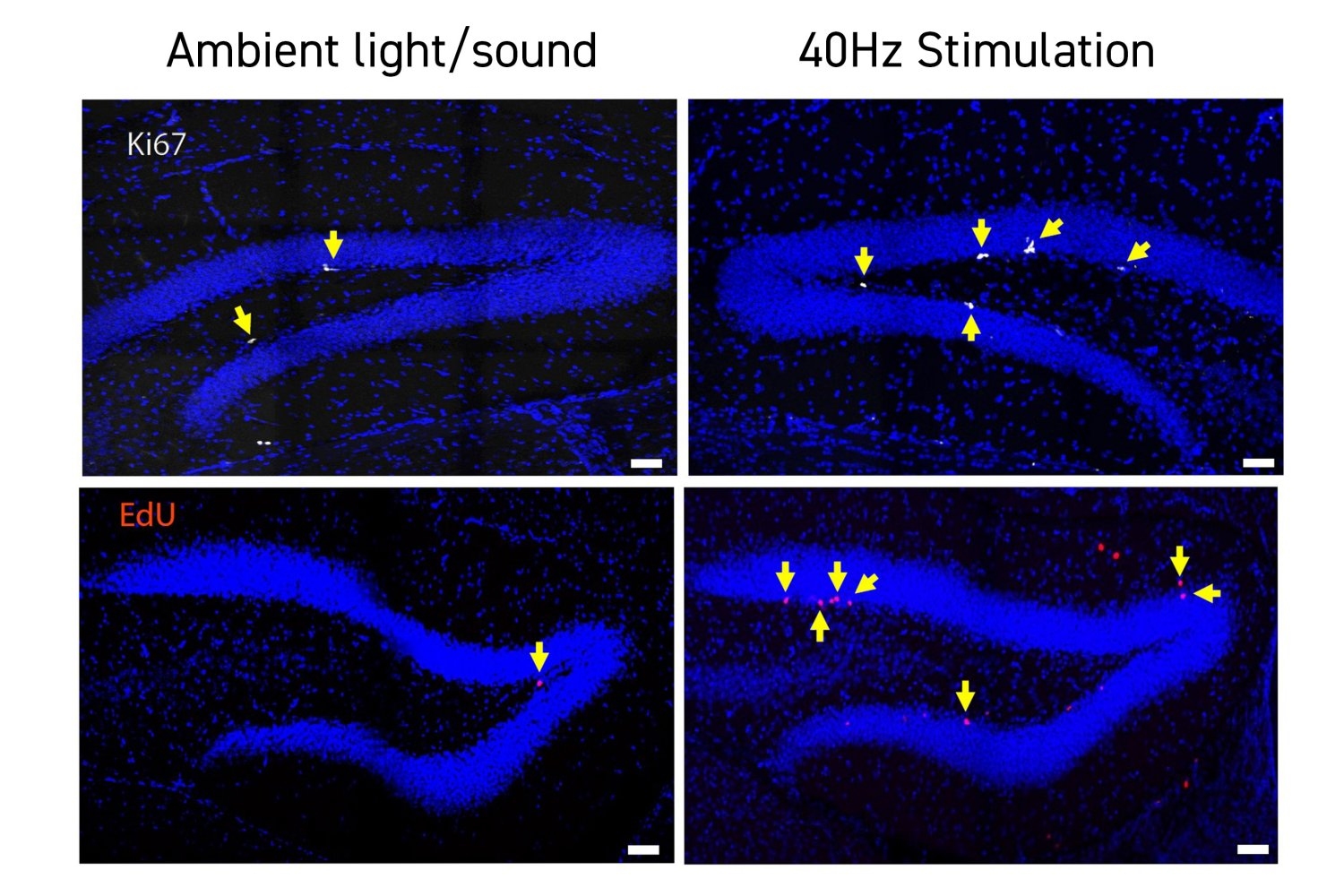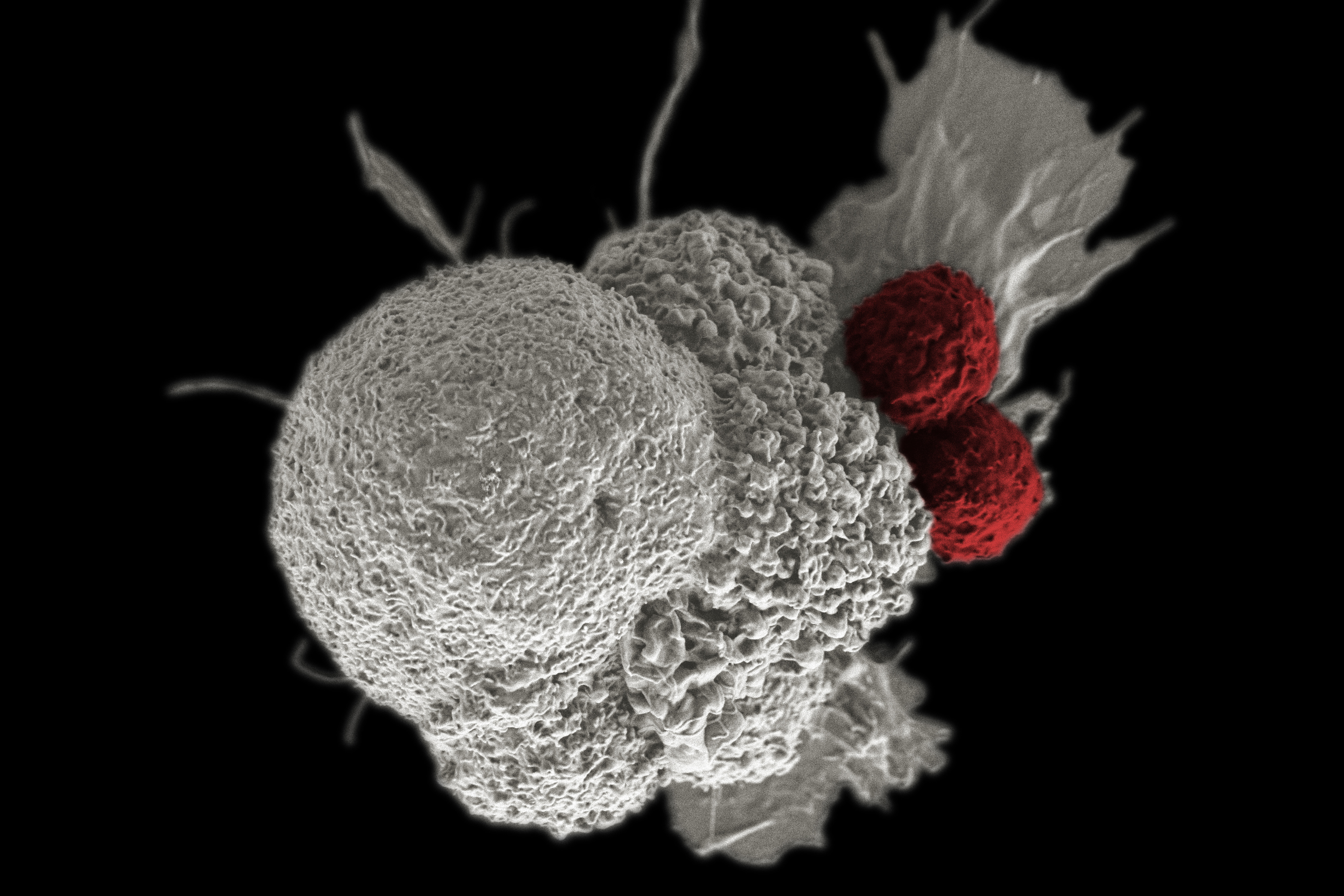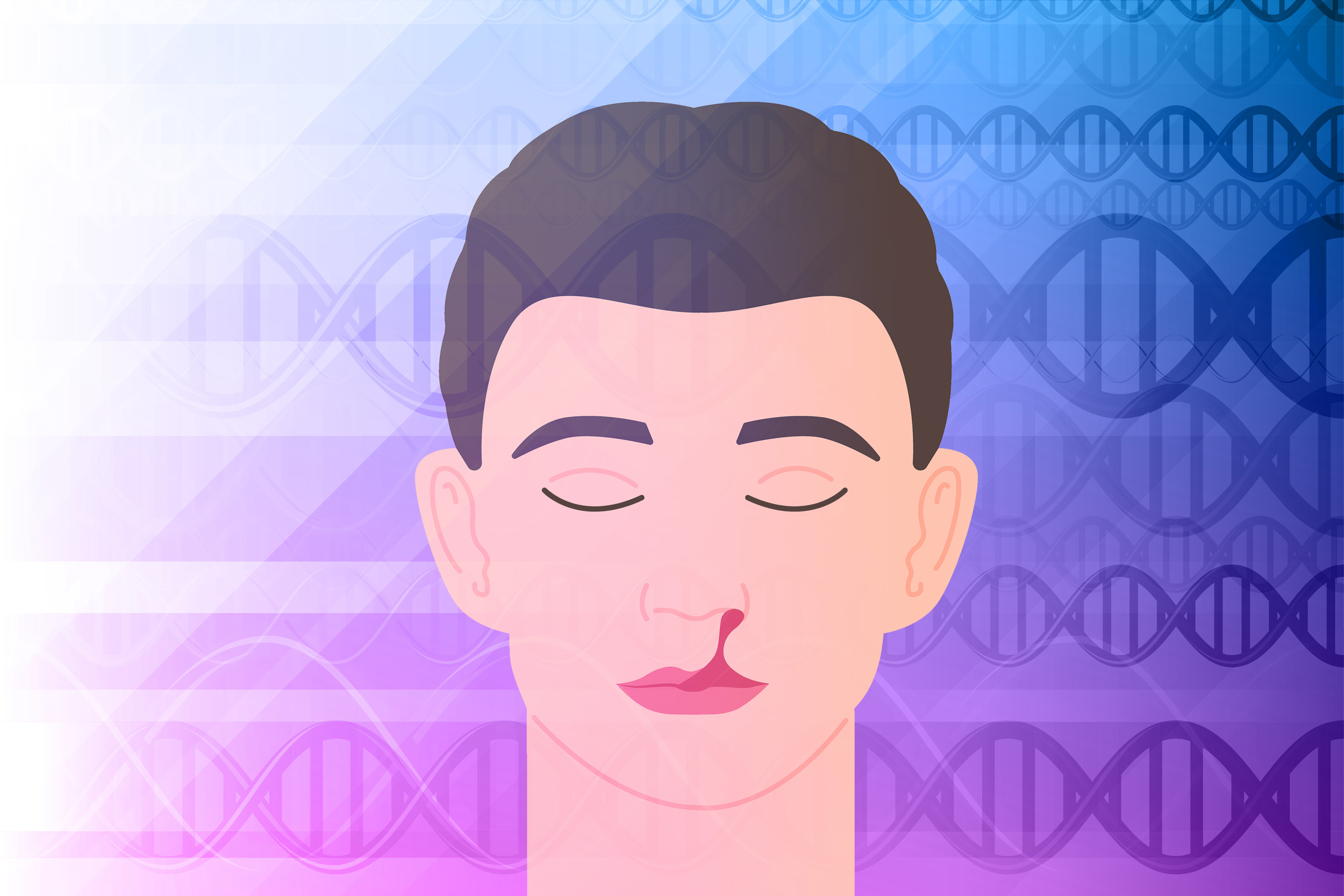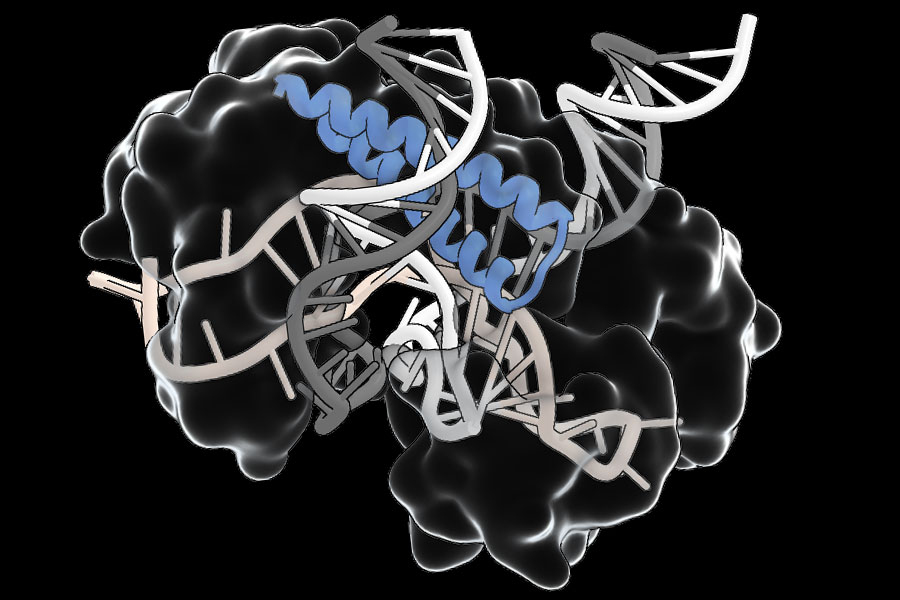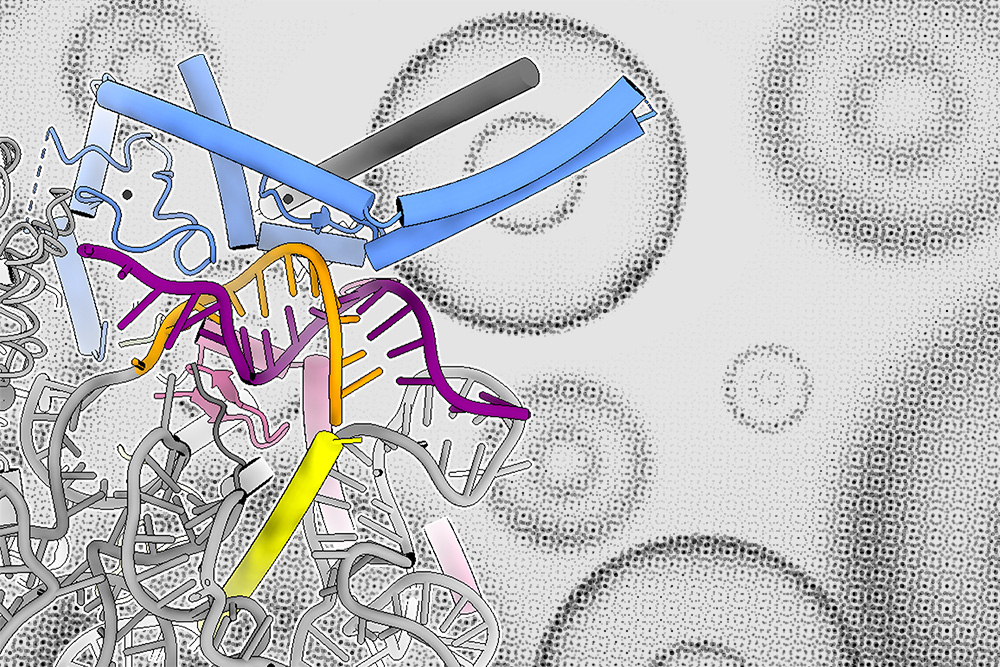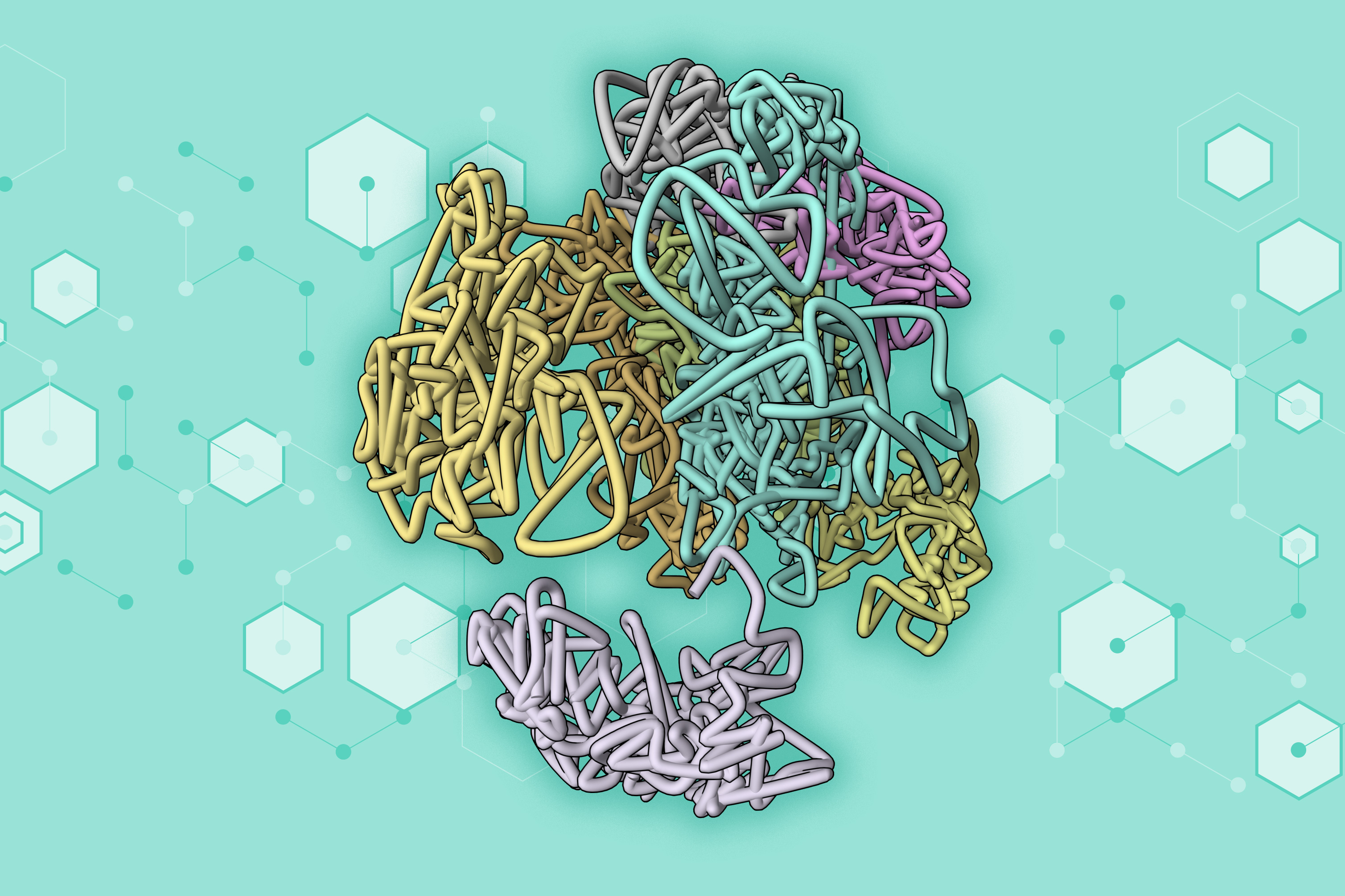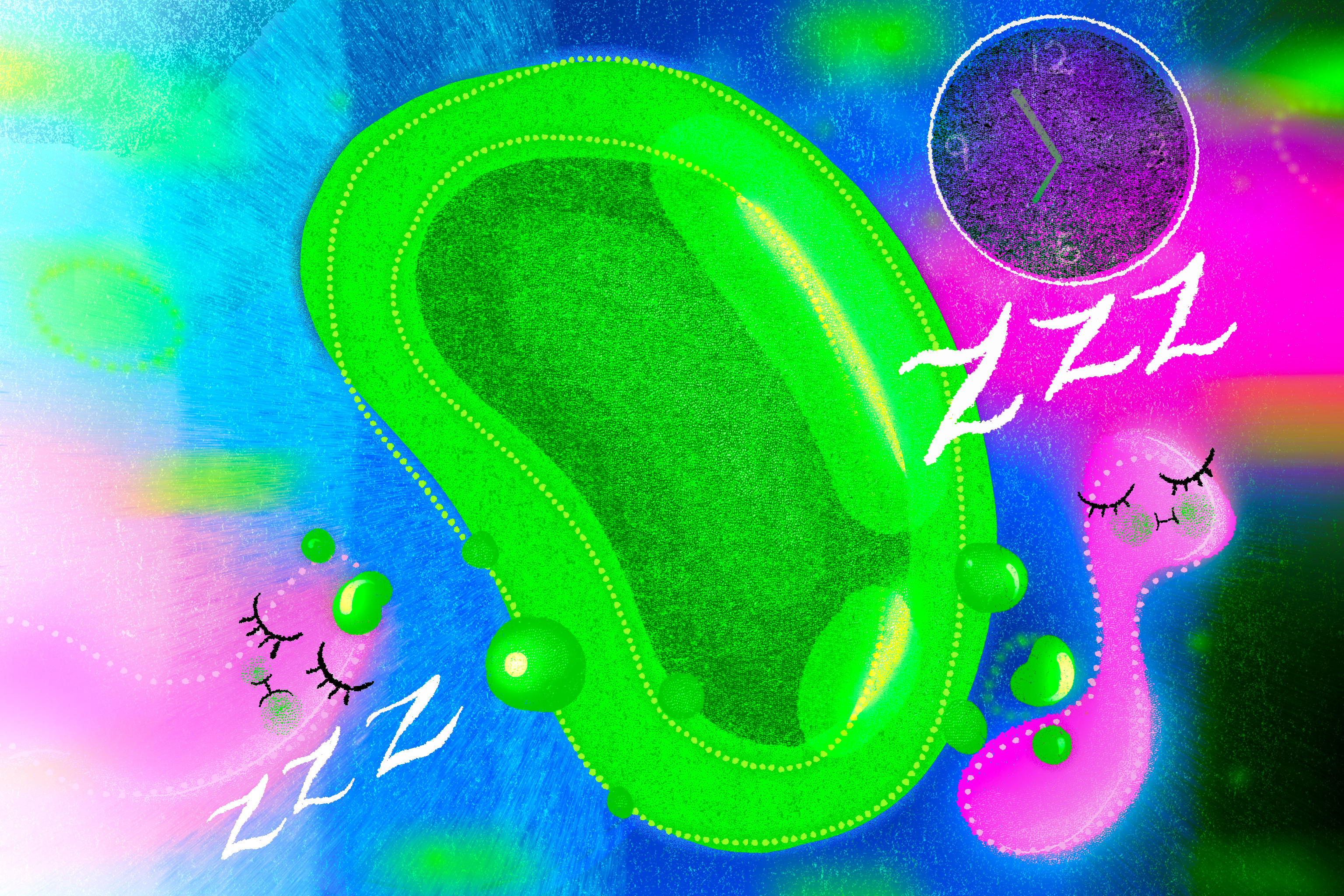In Down syndrome mice, 40Hz light and sound improve cognition, neurogenesis, connectivity
New evidence suggests sensory stimulation of gamma-frequency brain rhythm may promote broad-based restorative neurological health response.
David Orenstein | The Picower Institute for Learning and Memory •
mit
May 12, 2025 • ~8 min
May 12, 2025 • ~8 min
/
23

